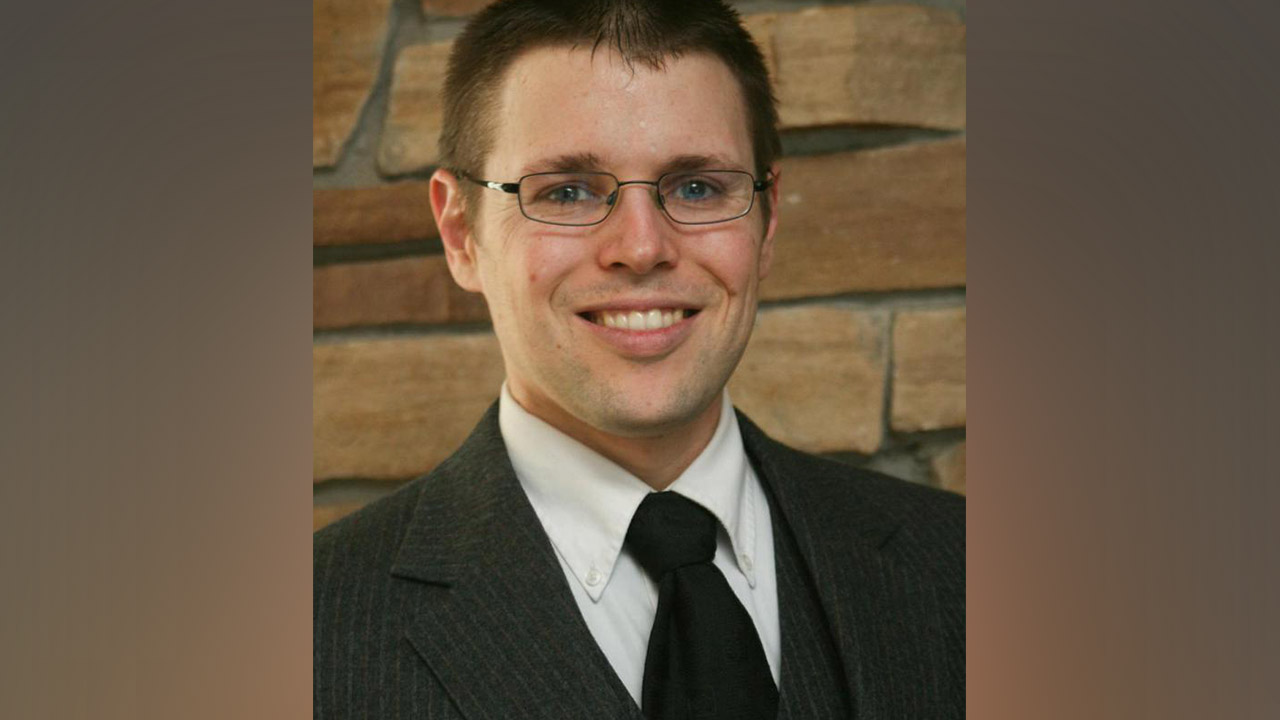
Dr. Aric Ranen McLanahan, University of Wisconsin-Platteville assistant professor of mechanical and industrial engineering, describes the moment as humbling when he found out he was selected for the Faculty Award for Teaching Excellence. The purpose of the award is to recognize a tenure-track faculty member who has made distinguished contributions to the mission of UW-Platteville as an outstanding teacher.
McLanahan strives to empower his students through the development of new teaching innovations. In his lab course he divides his students into consulting teams. Instead of lab handouts, students receive letters from a pseudo-company called Compressor Overflow Inc. According to McLanahan, the company then “hires” the consulting teams to explore problems on the equipment, find solutions and make recommendations. The students are then required to report to the company’s chief operations officer with their results.
“This method transforms the typical classroom laboratory experience into a full industrial simulation,” said McLanahan. “It helps students grow broader in perspective, become intellectually more astute and face decisions to help make them ethically more responsible.”
To help engage his students, McLanahan works on other concepts for his classes. In his heat transfer course, he created “The Great Alaskan Heat Transfer Adventure.”
“It converts my lecture course into a semester-long, interactive, ongoing story,” he said. “The story motivates our weekly in-class discussions, demonstrations and homework problems. As students progress through the story, they learn the course theory and applications in a way that is easier for them to connect to and remember. As a bonus, this method has been great for use in our current hybrid and online learning environment.”
As a tenure-track faculty member McLanahan states the opportunity offers him a greater freedom to innovate and explore.
“It allows me to make small, meaningful contributions to my students, department and school,” McLanahan said. “It’s the freedom to explore new methods, the encouragement to continuously improve and a platform by which ideas worth sharing can be spread.”
As part of McLanahan’s recognition, he’s also receiving $1,000 which he’s planning to use on his Science of Solidarity effort.
“It’s a project that puts into concise words the scientific reason behind toxicity, bigotry and racism,” he said. “The work also contains what we, as interested organizations and communities, can do to reverse bigotry’s course. The $1,000 will help me get the first public videos of this project released.”
As the university plans to welcome students back for campus-based learning this fall, McLanahan notes 2020 has been a difficult year for so many people.
“No matter how bad things seem, I find there is power in motion,” he said. “We all have things we can do to make life for ourselves, and those around us a little better. And from personal experience, I know finding and accomplishing those things can be extremely fun, incredibly motivating and deeply meaningful.”